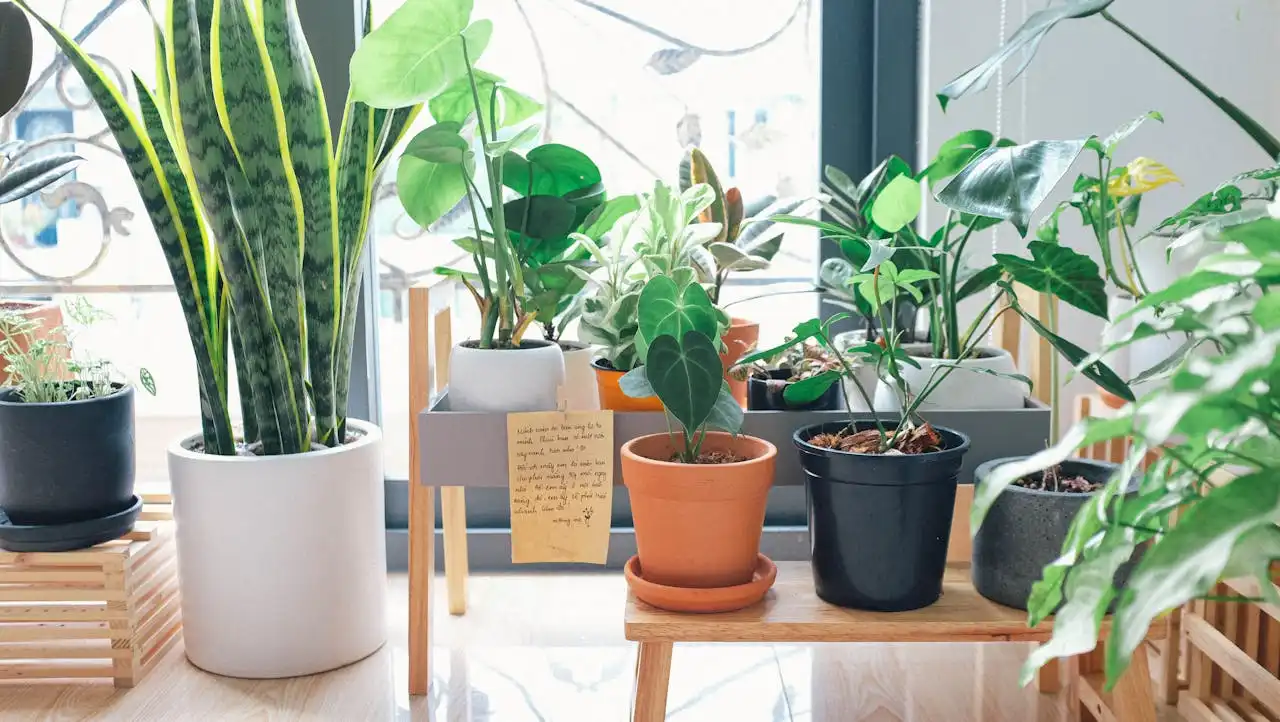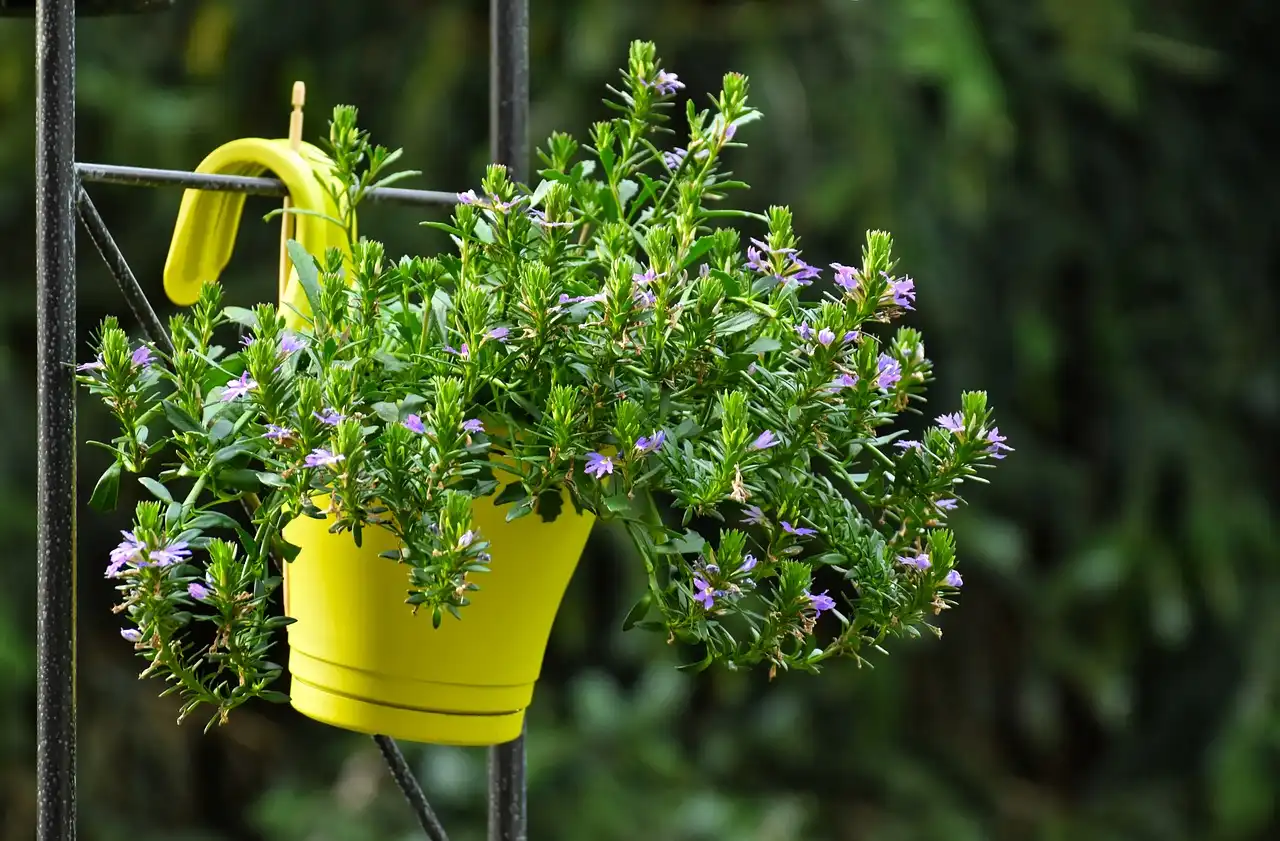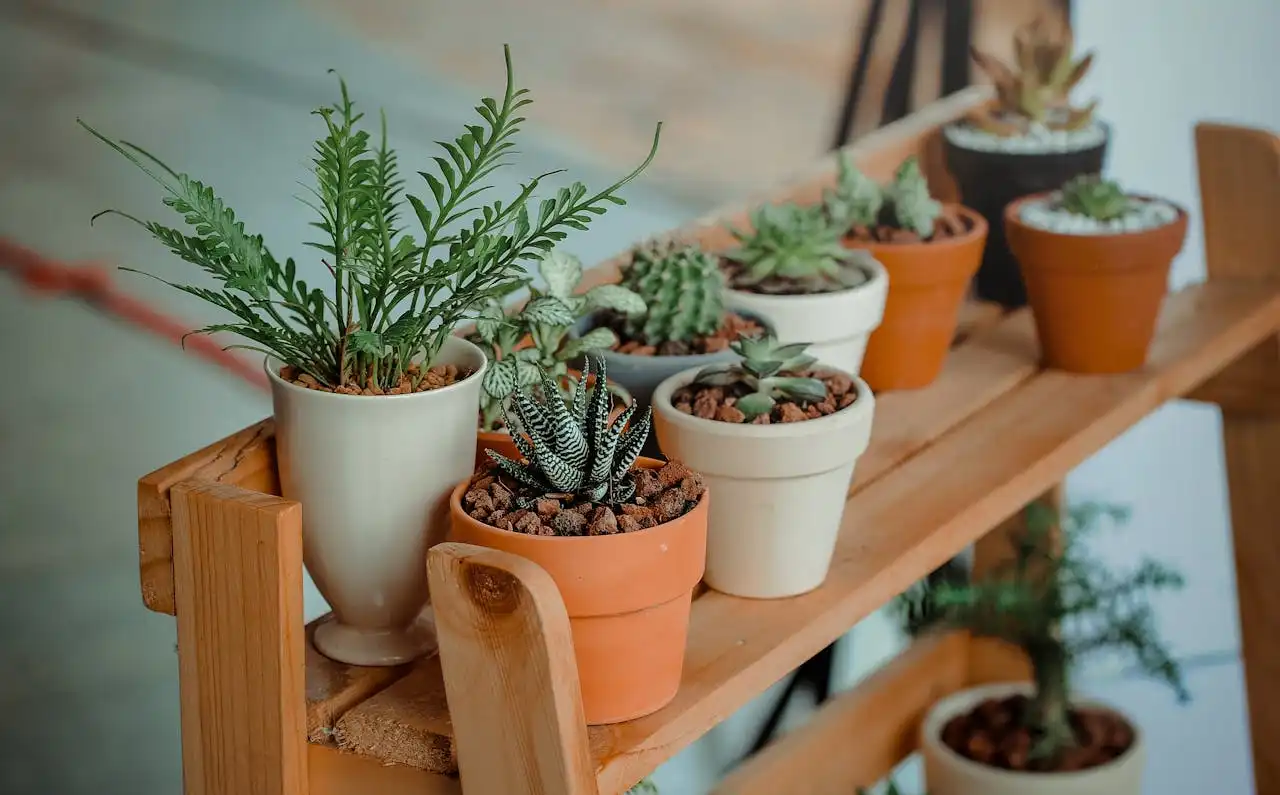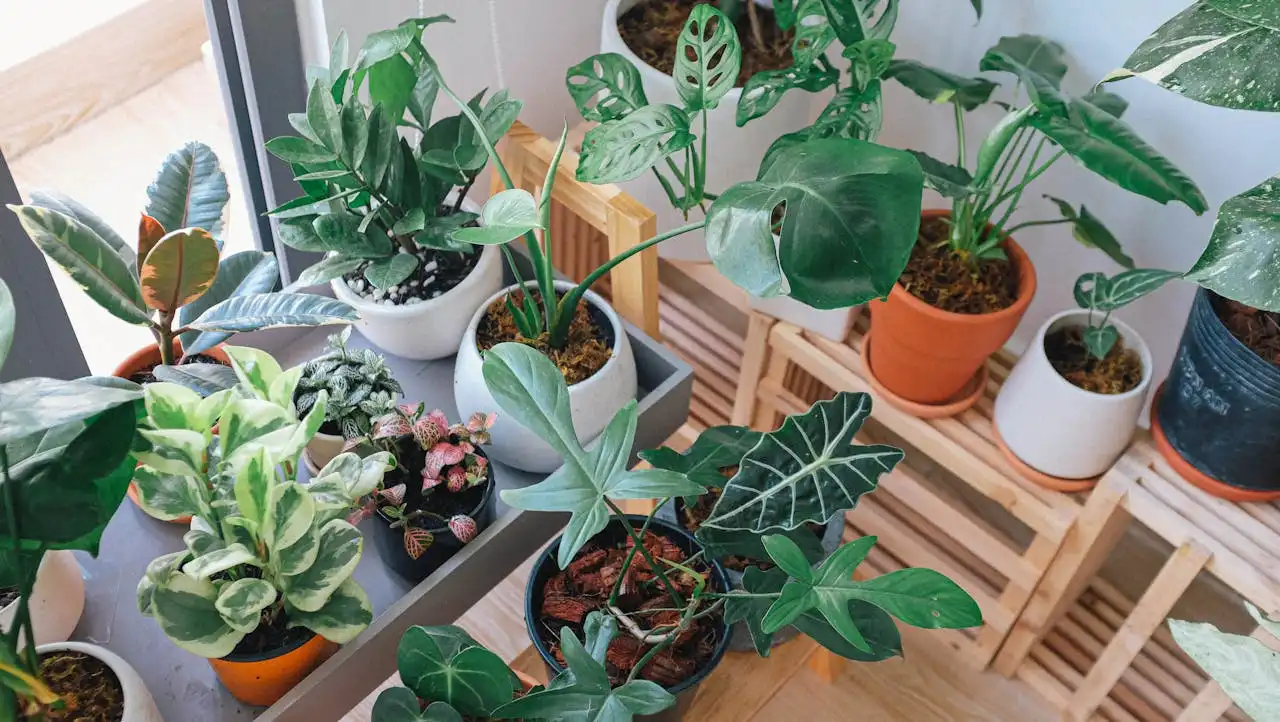Title: The Benefits of Indoor Plants for Health and Wellbeing
In our increasingly urbanized and indoor-centric lifestyles, reconnecting with nature has become essential for maintaining our overall health and wellbeing. Indoor plants offer a convenient and effective way to bring the benefits of nature indoors, improving our physical health, mental wellbeing, and the overall quality of our indoor environment. Let’s explore the numerous ways in which indoor plants contribute to our health and wellbeing.
Purifying the Air: Natural Indoor Air Filters
Indoor air pollution is a significant concern in modern living spaces, with pollutants such as volatile organic compounds (VOCs) and airborne toxins contributing to respiratory issues and other health problems. Indoor plants act as natural air purifiers, absorbing harmful pollutants from the air through a process known as phytoremediation. Plants such as peace lilies, snake plants, and spider plants are particularly effective at removing toxins like formaldehyde, benzene, and xylene from indoor air, resulting in cleaner, fresher air for us to breathe.
Enhancing Respiratory Health: Humidifying and Oxygenating
In addition to filtering out pollutants, indoor plants can also help improve respiratory health by increasing humidity levels and oxygenating the air. Plants release moisture through a process called transpiration, which can help alleviate symptoms of dryness and irritation in the respiratory system. Furthermore, through the process of photosynthesis, plants absorb carbon dioxide and release oxygen, improving air quality and making indoor spaces more conducive to healthy breathing.
Stress Reduction and Mental Wellbeing: Nature’s Calming Influence
Spending time around indoor plants has been shown to have a calming and stress-reducing effect on our minds and bodies. The presence of greenery indoors has been linked to lower levels of cortisol, the stress hormone, as well as reduced feelings of anxiety and tension. Engaging with plants, whether through watering, pruning, or simply admiring their beauty, can provide a sense of tranquility and connection to nature, promoting mental clarity and emotional balance in our daily lives.
Boosting Mood and Productivity: Green Spaces for Better Living
Studies have demonstrated the positive impact of indoor plants on mood and cognitive function, with greenery in indoor environments contributing to increased feelings of happiness, positivity, and overall wellbeing. The visual presence of plants has been shown to improve concentration, creativity, and productivity, making indoor plant-filled spaces ideal for work, study, and relaxation alike.
Healing and Recovery: Plants as Therapeutic Allies
Indoor plants can also play a therapeutic role in promoting healing and recovery in healthcare settings. Research has shown that patients in hospitals and care facilities recover more quickly and experience less pain and anxiety when surrounded by greenery. Plants have been found to reduce stress levels, lower blood pressure, and enhance feelings of comfort and wellbeing, making them valuable allies in the healing process.
In conclusion, the benefits of indoor plants for health and wellbeing are vast and multifaceted. From purifying the air we breathe to promoting mental clarity and emotional balance, indoor plants have a transformative effect on our indoor environments and our lives. By incorporating greenery into our homes, workplaces, and healthcare facilities, we can create healthier, happier spaces that nurture our bodies, minds, and spirits.





